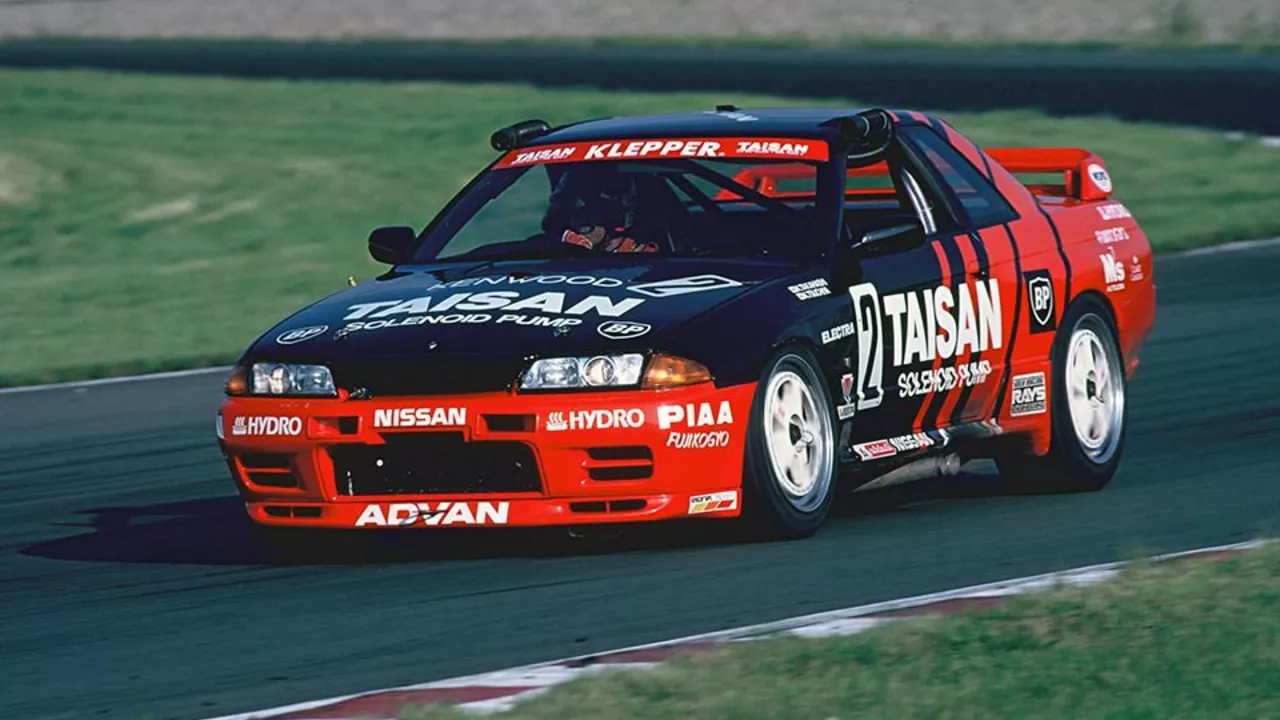Motorcycle & Motorsport Controversies – A Straight‑Talk Guide
If you love racing, you’ve probably heard heated debates about everything from sponsorship deals to safety gear. These topics can feel like a maze, especially when you’re trying to pick the right parts for your bike. Below we break down the most common hot‑button issues and give you practical steps to keep your ride safe and legit.
Why Sponsorship Deals Spark Debate
Sponsorship is the lifeblood of many racing teams, but it also raises questions. Fans often wonder if a brand’s presence on a bike means the team is compromising on performance or ethics. For example, a sponsor that sells cheap aftermarket parts might push teams to use lower‑quality components just to get a logo on the shell. That can backfire on the rider when the part fails on the track.
For a rider, the key is to look beyond the logo. Ask the team where the parts come from and whether they meet the manufacturer’s specs. If a deal seems more about marketing than performance, it’s worth a second look. A transparent team will gladly share data sheets and test results for every component they use.
Choosing Genuine Parts in a Sea of Counterfeits
Fake parts are a huge controversy in the motorsport world. They’re cheaper, look legit, and can be hard to spot until they break. Using a counterfeit brake caliper or a knock‑off exhaust can cause serious safety issues and even void your warranty.
Derbi MotoSport Parts only stocks genuine, factory‑approved components. When you shop with us, you get a barcode, a warranty, and a clear return policy. If a price looks too good to be true on a random marketplace, it probably is. Always check the supplier’s reputation, look for serial numbers, and compare the packaging with official photos.
Another tip: keep a record of the part numbers you use. When you replace a component, write down the exact model and where you bought it. This simple habit helps you spot inconsistencies later and gives you proof if a dispute arises.
Beyond parts, safety gear also faces controversy. Some riders wonder if fire‑proof shoes or helmets marketed as “ultra‑light” actually meet safety standards. The answer is simple – buy gear that carries the approved certifications (like FIA, Snell, or ECE). Those logos indicate the product has passed rigorous tests. Don’t rely on brand hype alone.
Lastly, political controversies sometimes spill into motorsport. Think about the Eurostar joining SkyTeam – it’s not about racing, but it shows how travel alliances can affect how teams move equipment and staff across borders. When a new alliance forms, be ready for changes in customs procedures or shipping costs for your parts.
Bottom line: controversy is everywhere, but you can stay on the right side by asking questions, verifying sources, and choosing reputable suppliers. At Derbi MotoSport Parts, we keep it simple – genuine parts, clear warranties, and no hidden surprises.
Got a question about a specific controversy or need help picking the right component? Drop us a message. We’re here to cut through the noise and keep you racing safely and confidently.
In my latest blog post, I delve into the debate of whether car racing can be considered a sport. I argue that while it requires skill and precision, the fact that the car does most of the heavy lifting, it's hard to classify it as a sport. I also touch on the point that unlike traditional sports, physical fitness plays a less significant role in car racing. Furthermore, the outcome is largely influenced by the machine's performance rather than the individual's abilities. Finally, the high cost associated with the sport makes it inaccessible for many, further challenging its classification as a sport.

 Motorsports and Racing
Motorsports and Racing